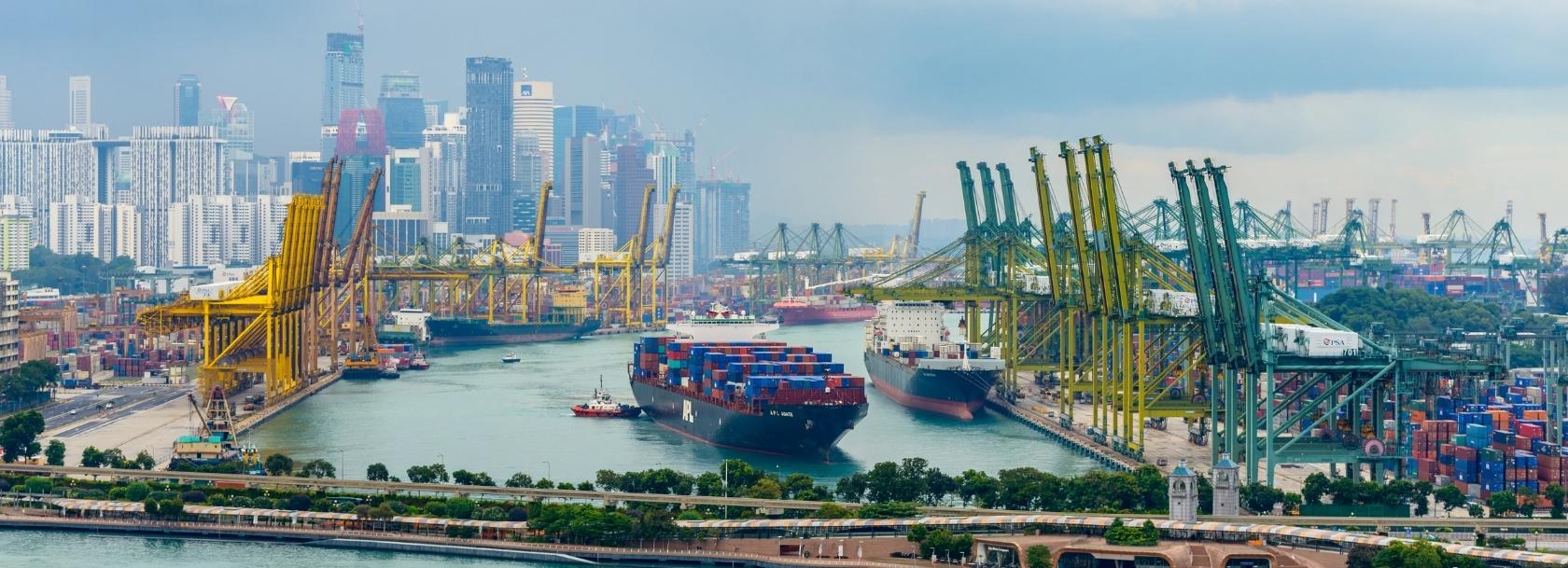Ports are key nodes or junctions between cities and international commerce, and their operations entail a whole community of workers, logistics networks, and the local communities they are embedded into. Respect for human rights in port-city relations and within port cities is an essential - often forgotten - dimension of social sustainability. The fact that many port authorities have foundations and CSR portfolios already shows an interest to respect the social and natural environments in which ports operate. However, it is necessary to incorporate that commitment into ports’ daily operations and growth strategies. To fill this gap, IHRB’s Built Environment and and Oceans Programmes aim to help ports develop their ‘integral social sustainability’ to:
-
embed a human rights approach in day-to-day port operations and expansion plans;
-
minimise risks associated with social, political, and economic instability in the territories they operate;
-
enhance the city-port relationship by assessing and accounting for the impact of port development and expansion on local communities, and the socio-spatial distribution of benefits from commercial activities; and
-
guarantee welfare and wellbeing for all workers including dockworkers and seafarers.
Guidance and tools that IHRB has developed include:
-
‘Dignity by Design’ Framework: helps businesses, governments and other stakeholders ensure respect for human rights in port development and expansion projects. It provides clear guiding questions on how to uphold human, labour, and indigenous peoples’ rights in each of the six stages of the built environment lifecycle: land acquisition, planning & finance, design, construction, use & maintenance, and re-development.
-
Code of Conduct for shipowners and operators to ensure respect for seafarers’ rights, developed in collaboration with the Sustainable Shipping Initiative (SSI) and the Rafto Foundation.
-
Dhaka Principles for Migration with Dignity: a practical guide of ten principles that companies should follow in regards to migrant workers. The global applicability of this set of principles is also of key relevance for all workers under a port authority.
Our ports work is carried out in partnership with the Rafto Foundation for Human Rights on the Ocean and Human Rights Platform.




